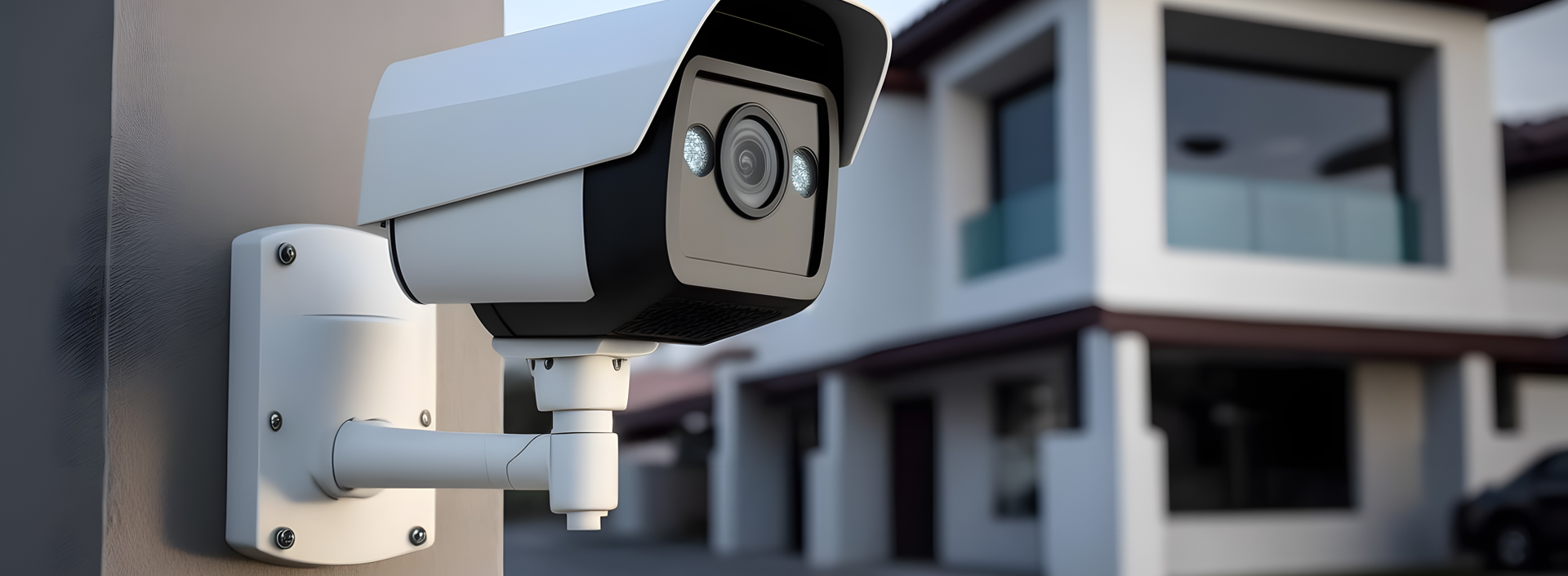One of the most common mistakes made by homeowners is the belief that installing a security system (e.g. an alarm) makes them impervious to threats such as a break-in. Security products are designed to achieve a range of objectives: deter potential intruders, alert you of a breach, record an event, buy you time by slowing down an intruder, etc. But no security system, be it a door, alarm, camera, or moat is impenetrable. Security can always be defeated.
The objective of a comprehensive security system is to buy you enough time for the police to respond or to retrieve a weapon before coming directly into harms way. Again, it’s a function of time. Whether you live in Fort Knox or a trailer, if a determined intruder has the right combination of tools, skills, and time, they will get in.
The Alarm System Fallacy
American families disproportionately rely on alarms for security, with approximately 15% of homes having one. Alarms serve two purposes: deterring some opportunistic burglars and alerting you to an intruder. Homes without an alarm are 300% more likely to be broken into than a home that has one. Alarms will deter some opportunistic intruders in search of a soft target, but it will not deter all opportunistic intruders and it will not deter a determined intruder who has done their research and is well prepared.
The second purpose of an alarm system is to alert you of a breach. This is an important function that allows you, your alarm company, and the police to respond more quickly than if you didn’t have an alarm. However, police response times vary significantly. The average nationwide response time for burglaries “in progress,” that have been verified by a 911 call, is 7 minutes. The average response time for unverified alarms is 30 minutes.
Most break-ins occur in less than 60 seconds.
An alarm isn’t going to stop a burglar from breaking into your home. It buys you a few seconds by alerting you as soon as there is a breach and it will deter some opportunistic burglars from trying. But by the time your alarm goes off, someone is already inside your home and chances are they will be gone long before the police show up.
CCTV and Surveillance Systems
Like alarms, the function of camera systems is often misunderstood. In residential settings, cameras are usually installed to record an event. They also have a deterrent effect, like alarms, because a potential burglar who notices cameras is less likely to target the home because they are more likely to get caught when the police have video evidence. At the same time, wearing a mask or balaclava easily negates it’s ability to identify an intruder, and a home with a camera might be seen as having something worth stealing.
Tim Wenzel of Facebook succinctly addressed the role of cameras in a recent article. He wrote: “Cameras provide security.” No, they do not. Cameras are an investigative tool. If you require them as a security tool, someone will need to be watching them.”
Cameras will deter some opportunistic burglars and should help in identifying and prosecuting those responsible. But on its own, a camera is not going to stop a determined intruder from breaking into your home and unless it’s monitored, it doesn’t buy you any time to react. It’s not going to keep you safe.
Alarms and cameras are important parts of a comprehensive security system that includes physical forced entry barriers such as reinforced doors and windows. On their own they have a deterrent effect, will alert you of a breach, and record the event, but will not prevent a determined intruder from gaining access. The core function of alarms and (unmonitored) cameras only kick in once an intruder is already in your home.
A comprehensive security system must include barriers that prevent forced entry, slow an intruder down, and buy you time to assess the situation, call the police, and/or retrieve a weapon. Even if high-security doors are not in the budget, there are inexpensive, off-the-shelf products that will make your doors and windows more secure. See our available Shield Security Safety Products.

